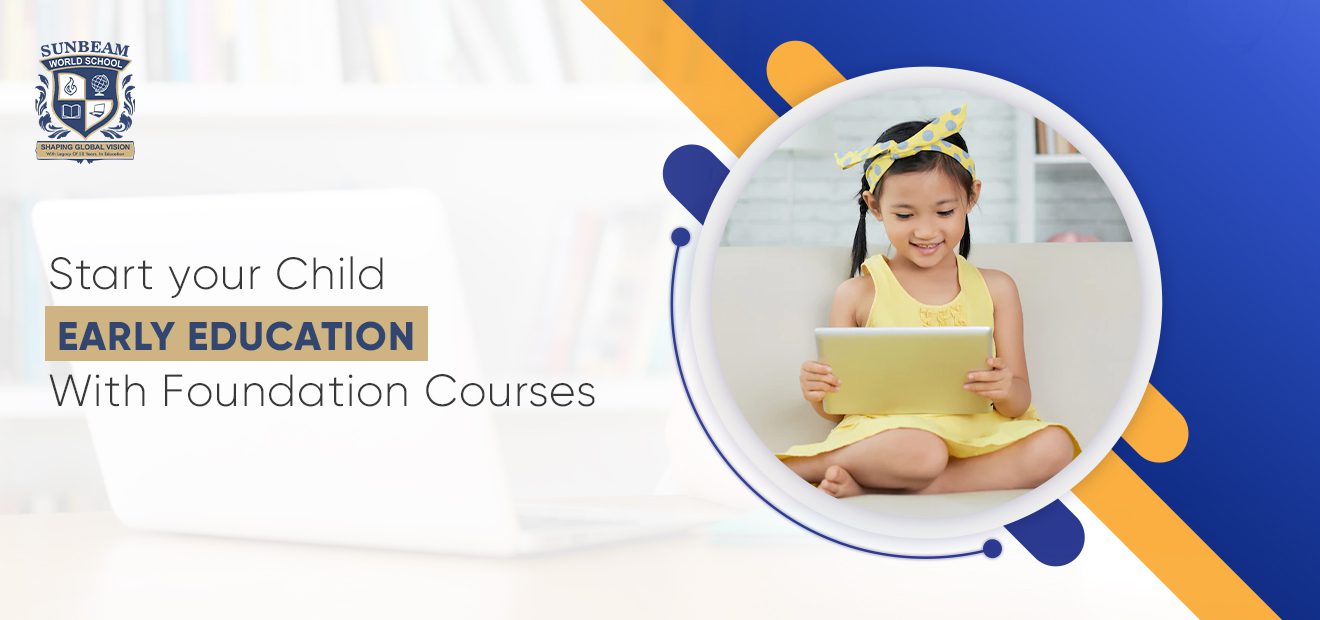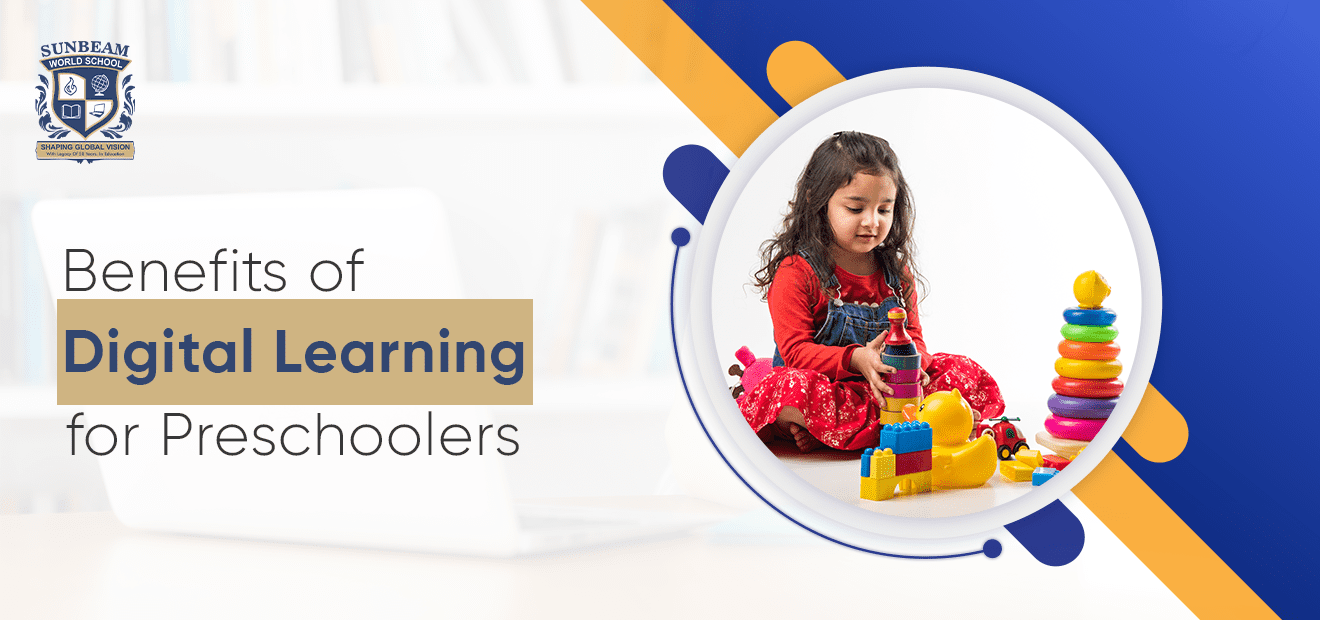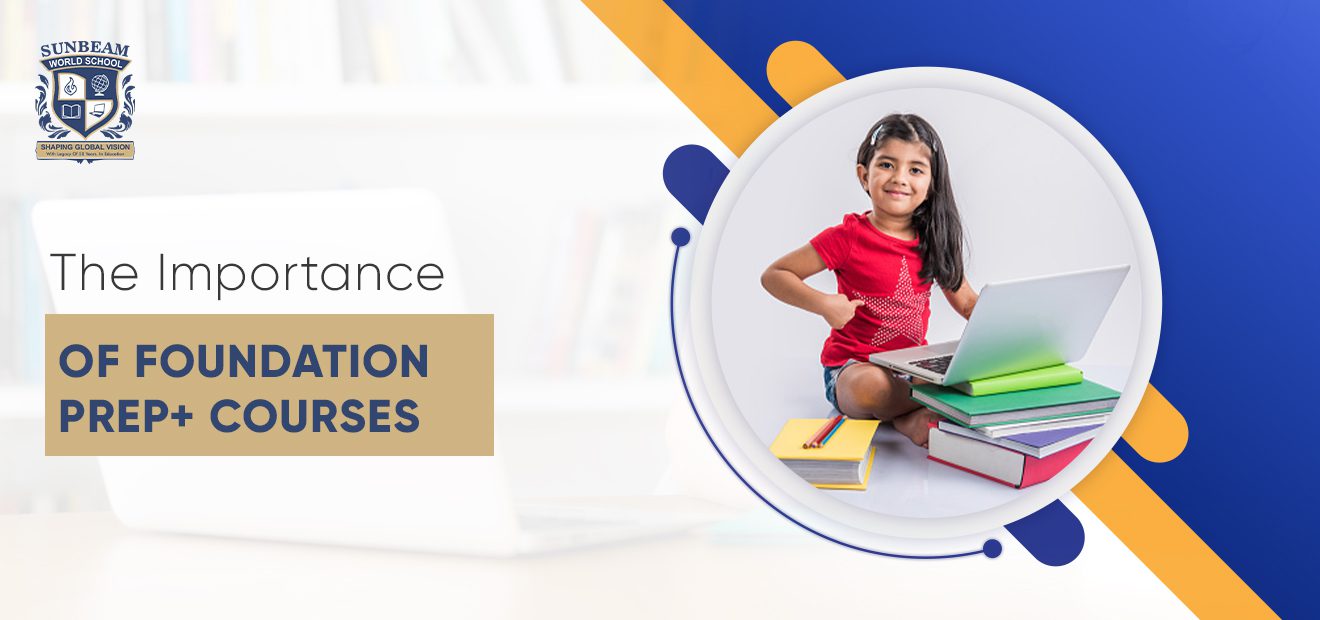
 Foundation Course
Foundation Course
Start your Child’s Early Education With Foundation Courses
It is thought that a child will perform better if the foundation that their education is built upon is strong. The formative years of a child’s schooling are crucial in assisting him in selecting an appropriate professional route.
Afoundation course introduces concepts that are brand-new to the student. While we frequently find it incredibly difficult to comprehend these concepts or the logic that underlies them, there are instances when they are simple to understand because the child went to foundation classes.
A foundation course helps lay a solid conceptual foundation while attempting to simplify a complex subject. In subsequent classes, you’ll have an easier time if your concepts are clear.
Childhood education shapes a youngster into a rational adult who is disciplined, self-assured, and autonomous. The majority of parents now understand the value of prep education for children. Preparatory education marks the beginning of an early learning phase (pre-primary stage). In India, children aged 3-6 receive pre-primary education at kindergarten and playschools.
Also Read : The Importance of Foundation Prep+ Courses
What are Pre Foundation Courses?
The Foundation Prep + Program’s overarching goal is to help young, developing children build their literacy and numeracy skills (reading, writing, speaking, listening, and computational skills), as well as other knowledge and abilities that will help them succeed in their careers.
The Benefits of Pre-Foundation Courses
When kids start prep school, they learn to transition to a more controlled learning environment where they can still learn via play. Many of the things that a child learns through play are:
- Ensures that Children Learn
Young children learn by playing. Suppose a child experiences a classroom learning for the first time in a highly academic environment. In that case, they may need assistance developing a strong sense of curiosity and becoming disenchanted with the school.
In prep school, children can study methods that interest them, creating positive associations with learning. Children who attend the top prep schools develop a hunger for knowledge that they will carry with them throughout their academic lives.
- Helps to Develop Community Skills
Prep schoolers engage in extensive social interaction with children and adults unrelated to them. The environment provides several opportunities to hone social, teamwork, listening, and fundamental conversational skills.
- Aid in Self-Regulation Skills Development
Little disputes will always occur when kids play and interact with their classmates, which can cause irritation, rage, and other difficult emotions. “These disputes create teachable moments.”
Teachers should encourage students to exercise interpersonal problem-solving skills and become aware of how their behaviour affects others. The emotional skills prep schoolers learn in class will remain with them for life.
- Improves Prior Literacy Skills
Prep school teachers offer a range of games and activities to help children hone their preliteracy skills. Children learn rhymes, sing songs, and play with magnetic alphabet letters as they learn to differentiate between sounds.
In addition to children learning these fundamentals, they frequently develop a sense of joy and a desire to continue learning. While participating in naturally interesting activities, prep schoolers pick up preliteracy abilities, which helps them form favourable associations with reading.
- Promotes Creativity and Inquisition
The active imaginations of young children can be encouraged to foster learning and creativity. The prep school setting is designed to promote exploration.
Prep school teachers are taught to support kids in creating their ideas and concepts. Instead of promoting the “right” solutions behaviours, they promote inquiry, asking questions, and listening to the children’s opinions. Children are more likely to exhibit curiosity and creativity in an enjoyable atmosphere and when interacting with adults appropriately.
- Lets Kids Make Decisions
The activities that prep schoolers participate in are their choice. As a result, adolescents not only get to pursue their interests but also develop responsibility and decision-making abilities. It is advisable to let kids make their own decisions. Teachers watch the kids and notice what pursuits they seem most interested in.
- Develops Cognitive Skills
Children develop cognitive skills through activities that push them to try new things, solve issues, pose questions, and observe their surroundings. These activities are prioritised in prep school, and kids learn more.
- Improves Motor Skills.
Although literacy, numeracy, and cognition are critical, young children should also master other skills. Many prep school activities are made to aid in developing fine motor skills and physical coordination in young children.
- Teaching Emotional Skills
Children have a tremendous opportunity to develop their emotional intelligence in prep school. Your youngster will learn how to comprehend and appropriately express their emotions. Children are developing suitable coping mechanisms for emotional impulses at this age. They will learn to wait patiently for their turn rather than yelling or pushing another youngster aside in prep school.
- A Foundational opportunity for Growth
Prep school is the best place for kids to start learning the skills they need to progress. They will be better able to cooperate and ask for assistance if they have stronger social and communication skills. They are less likely to face difficulty or have a negative school experience if they have good preliteracy, cognition, and math foundation skills. Children’s early emotional development and worldview will aid in their development as positive contributors to society as they get older.
Why is a Foundation Course Important?
Prep education creates the conditions for children to succeed in school by fostering:
- Curriculum-based knowledge, understanding, and abilities
- Fundamental knowledge of elementary school subjects like history, science, math, and English
- Learning based on a constructive mindset
- Self-assurance and independence in handling educational settings
- Problem-solving and creativity abilities
- Physical attributes include fine and gross motor coordination
- Language proficiency
- Early education and mathematical abilities
Teachers in Prep classes offer initial learning support through interactive sessions and role-playing exercises that mimic real-world situations. For a child’s mind to easily understand and absorb basic concepts, many learning strategies are used. Children with a prep education can better communicate with other children and operate as a team.
How do Sunbeam World School Foundation Prep+ Courses help?
Making a responsible judgment while choosing a school is crucial. Sunbeam World School foundation course combines a variety of classes, including Pre-Nursery, Nursery, KG, LKG (Lower Kindergarten), and UKG (Upper Kindergarten). The amenities required for effective learning, such as materials, extracurricular activities, instructional strategies, and classroom environments, are available at Sunbeam World School.
The best facilities are available for foundation course study at Sunbeam World School. It is one of the most esteemed and rapidly expanding online schools in the nation, with a rather simple online schooladmission process. An interactive curriculum is incorporated into Sunbeam World School‘s K–12 curriculum to promote effective learning. Sunbeam World School aims to create a community of active people educated by qualified personnel. You can contact our counsellors for online school enrollment by filling up the form on our website.
In this article
Press and Blogs
Stay updated with our press releases, educational blogs, and more.








